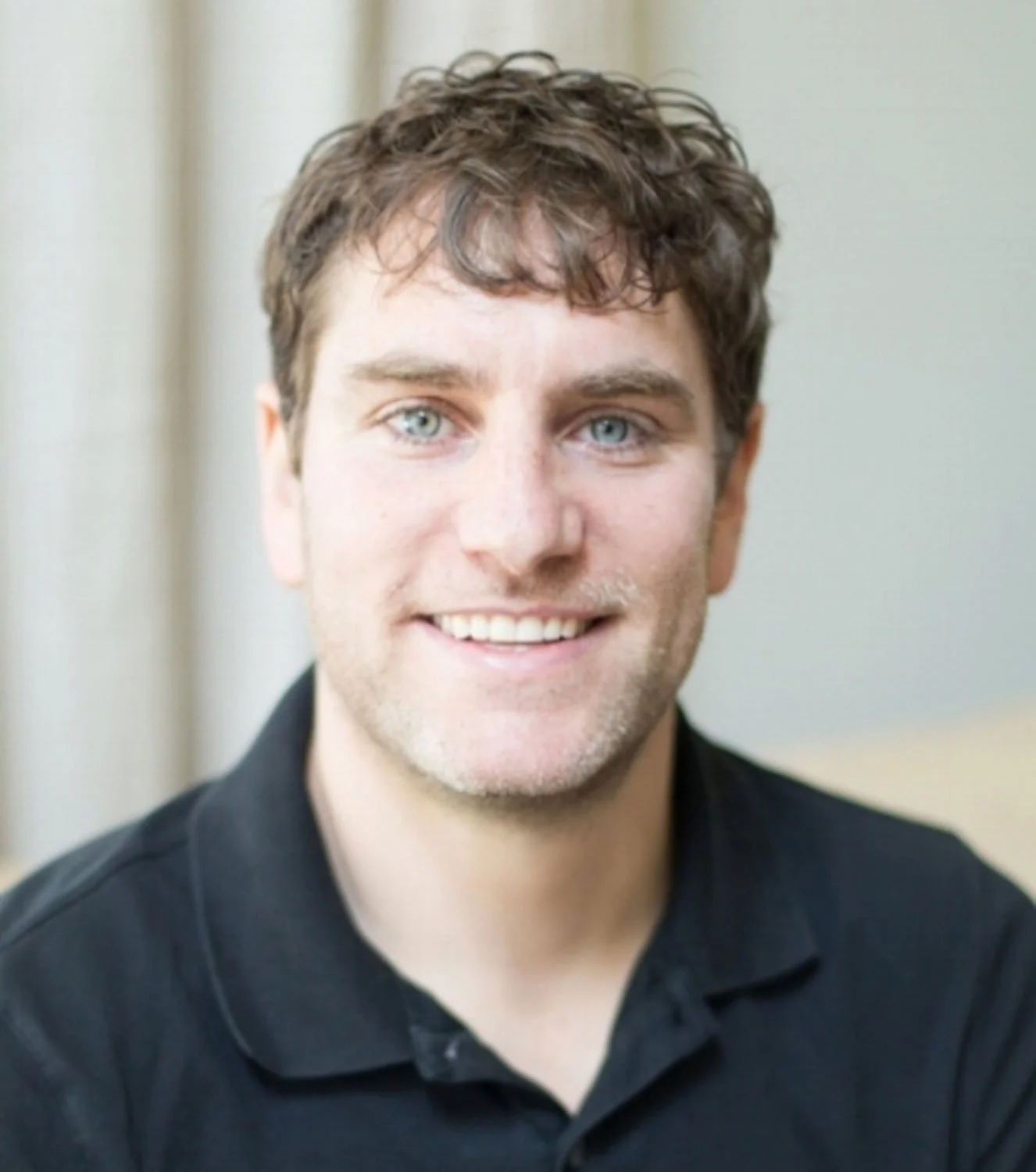JOHNJOE McFADDEN
/Author of Life is Simple: How Occam’s Razor Set Science Free and Shapes the Universe
Co-author of Life on the Edge: The Coming of Age of Quantum Biology
Professor of Molecular Genetics & Assoc. Dean (Int'l) · University of Surrey
I think that's what art is all about is communicating these big, complex objects, which are ideas inside our head, but in a non-dissected way in which the object isn't completely dissected, or it's dissected in such a way it can be reassembled in somebody else's mind. So you get a full experience of what the artist had or as close as he or she can make it. So I think that to me is what art does. It's a way of communicating these wonderful ideas and feelings that we have inside our heads. And they're trapped there, and art allows you - by playing music or painting, or writing poetry... - it allows you to communicate this in this holistic kind of way.






